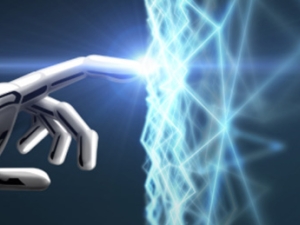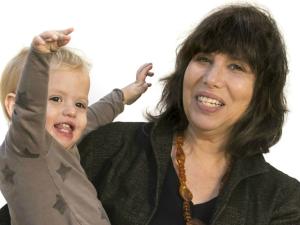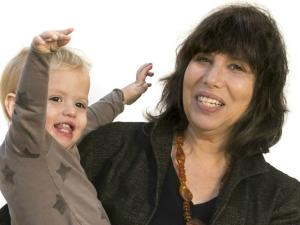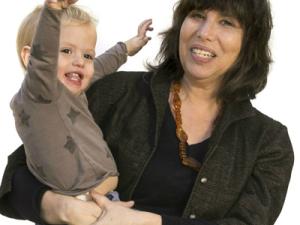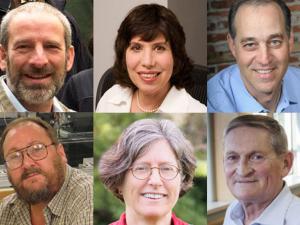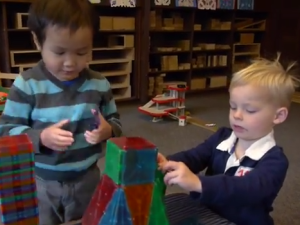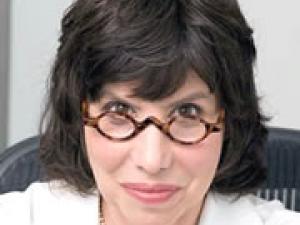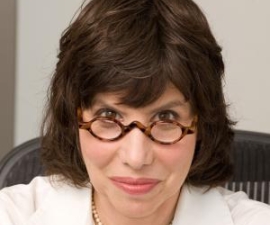

Research Expertise and Interest
A.I., learning, philosophy, psychology, cognitive development, theory of mind, young children, children's causal knowledge, Bayes Net formalism
Research Description
Alison Gopnik is a Professor of the Graduate School in the Department of Psychology. Her research explores how young children come to know about the world around them. The work is informed by the "theory theory" -- the idea that children develop and change intuitive theories of the world in much the way that scientists do. Most recently, we have been concentrating on young children's causal knowledge and causal learning across domains, including physical, biological and psychological knowledge. In collaboration with computer scientists, her research group is using the Bayes Net formalism to help explain how children are able to learn causal structure from patterns of data, and they have demonstrated that young children have much more powerful causal learning mechanisms than was previously supposed. They are collaborating with computer scientists to design AI systems that can do the same.
